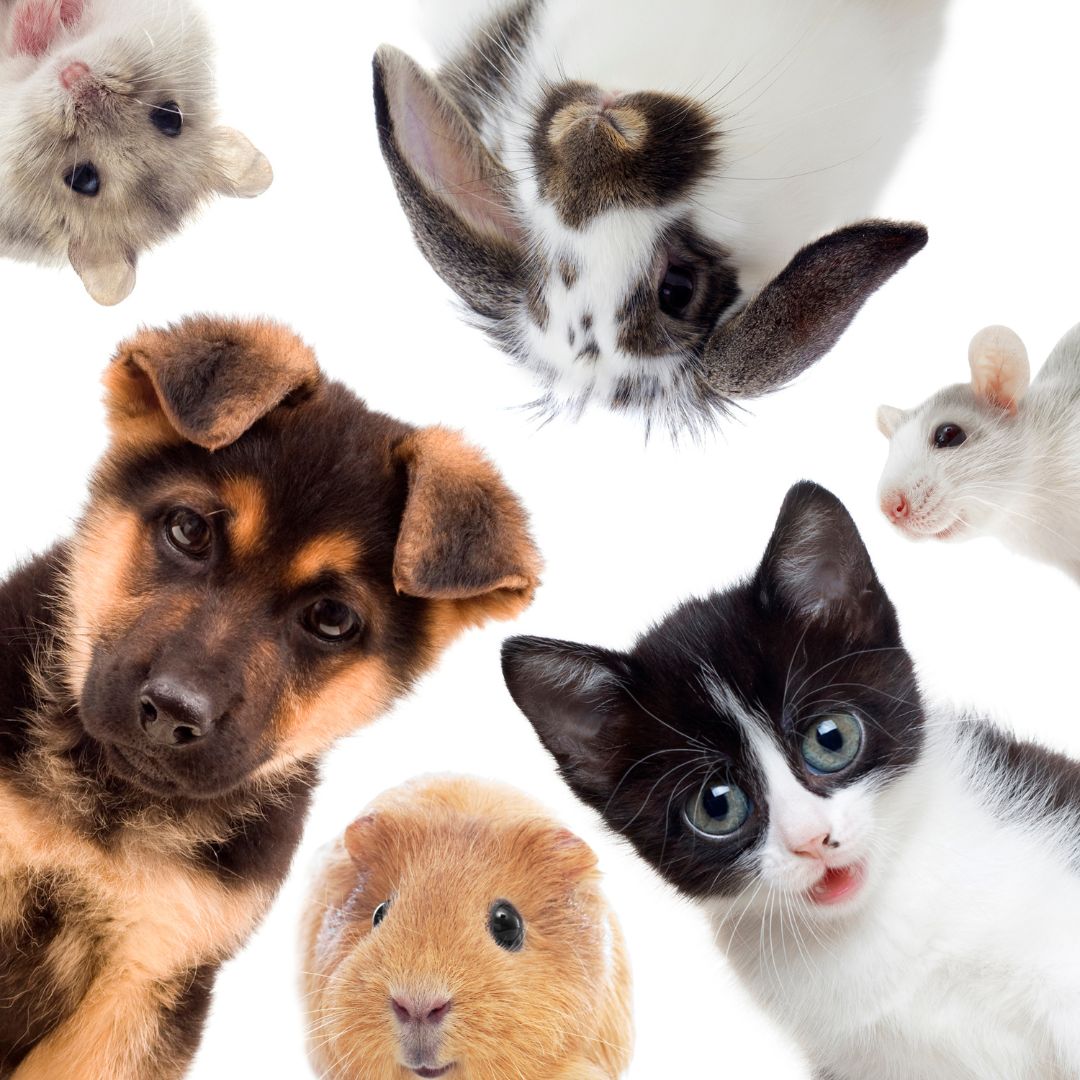
Beware: Flowers and Foliage Toxic to Pets
Share
Flowers and foliage add natural beauty to our homes, but many popular varieties can pose serious risks to our beloved pets. While lilies, tulips, baby's breath, carnations, and peonies may adorn our living spaces, they also harbor toxins that can be harmful or even fatal to cats and dogs. Understanding the dangers associated with these plants is crucial for pet owners to keep their furry friends safe.
Lilies: Lilies, including Easter lilies, tiger lilies, and Asiatic lilies, are highly toxic to cats, causing kidney failure even in small amounts. Even brushing against lily pollen or drinking water from a vase containing lilies can be deadly.
Tulips: While tulips are a symbol of springtime beauty, their bulbs contain toxins that can cause gastrointestinal upset, drooling, and in severe cases, difficulty breathing and increased heart rate in pets.
Baby's Breath: Despite its delicate appearance, baby's breath contains sapogenins, which can cause vomiting, diarrhea, and lethargy in pets if ingested.
Carnations: Carnations are often found in floral arrangements, but their toxins can lead to mild gastrointestinal upset in pets, including vomiting and diarrhea.
Peonies: These lush blooms may be a favorite in gardens, but peonies contain toxins that can cause mild gastrointestinal discomfort if ingested by pets.
To keep your furry companions safe, consider these precautions:
-
Educate Yourself: Be aware of which flowers and foliage are toxic to pets and avoid bringing them into your home.
-
Secure Arrangements: Keep floral arrangements containing toxic plants out of reach of curious pets. Opt for pet-safe flowers such as roses, sunflowers, and snapdragons instead.
-
Monitor Symptoms: If you suspect your pet has ingested a toxic plant, monitor them closely for symptoms such as vomiting, diarrhea, lethargy, difficulty breathing, or changes in behavior. Contact your veterinarian immediately if you notice any signs of distress.
-
Pet-Friendly Alternatives: Consider planting pet-friendly flowers and foliage in your garden, such as marigolds, zinnias, and pet grass, to provide a safe environment for your pets to explore.
By being mindful of the flowers and foliage we bring into our homes and gardens, we can create a safe and enriching environment for our furry companions to thrive in. Let's prioritize their well-being and enjoy the beauty of nature responsibly.
For more information, visit https://www.mypet.com/food/dangerous-foods/plants-and-foods-poisonous/#:~:text=Lilies%2C%20Tiger%20Lilies%2C%20Easter%20Lilies,Baby's%20breath